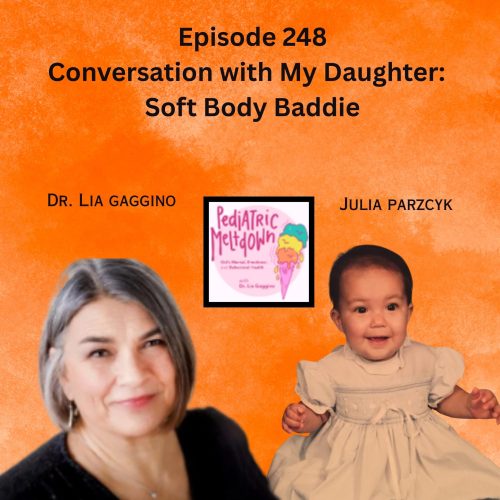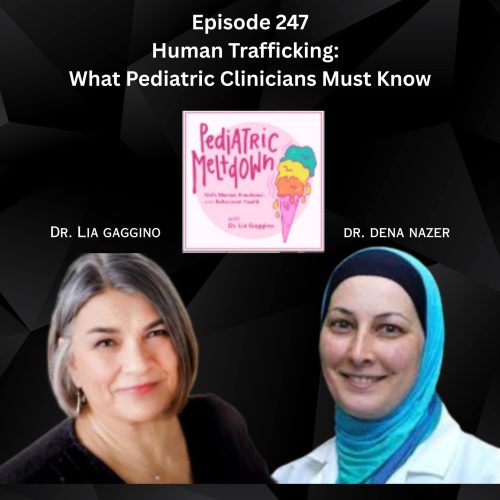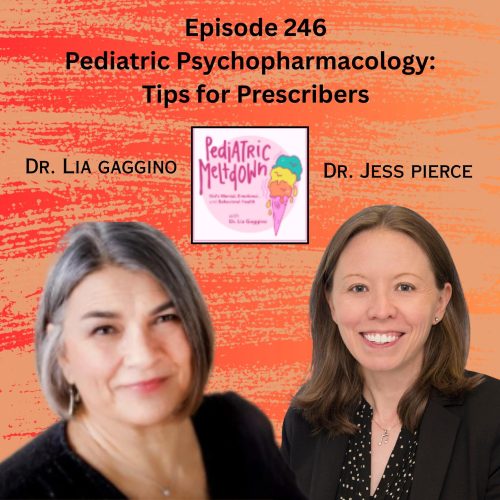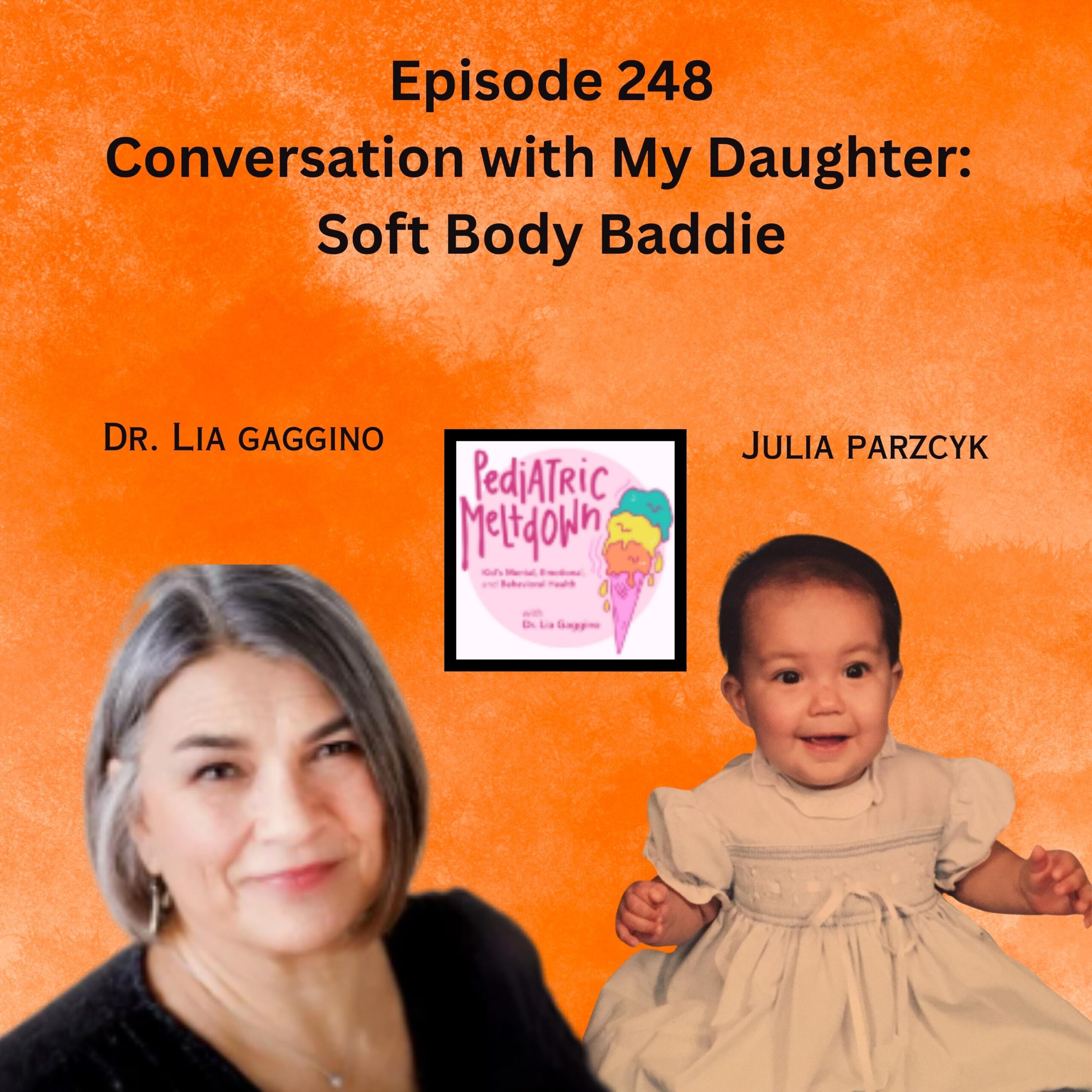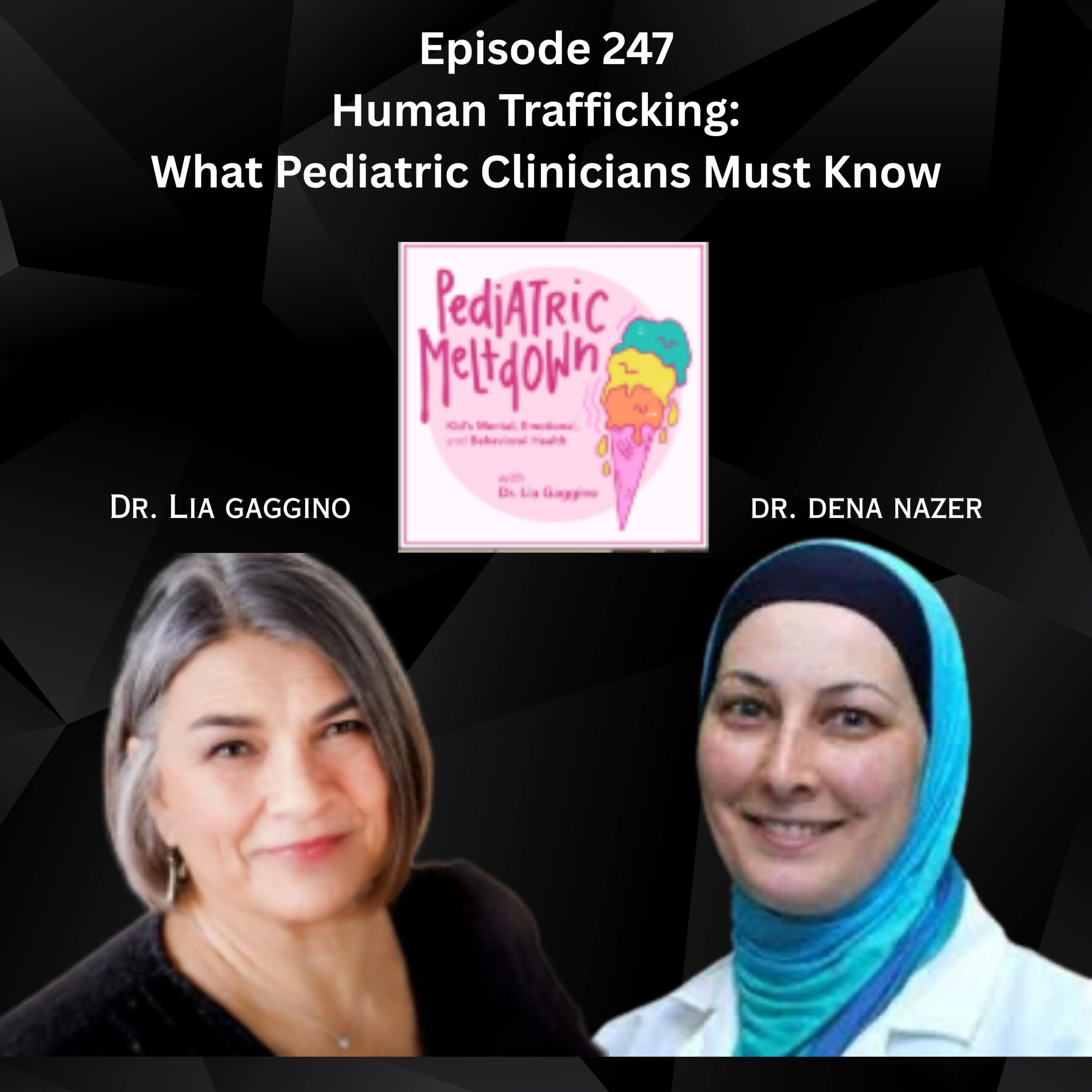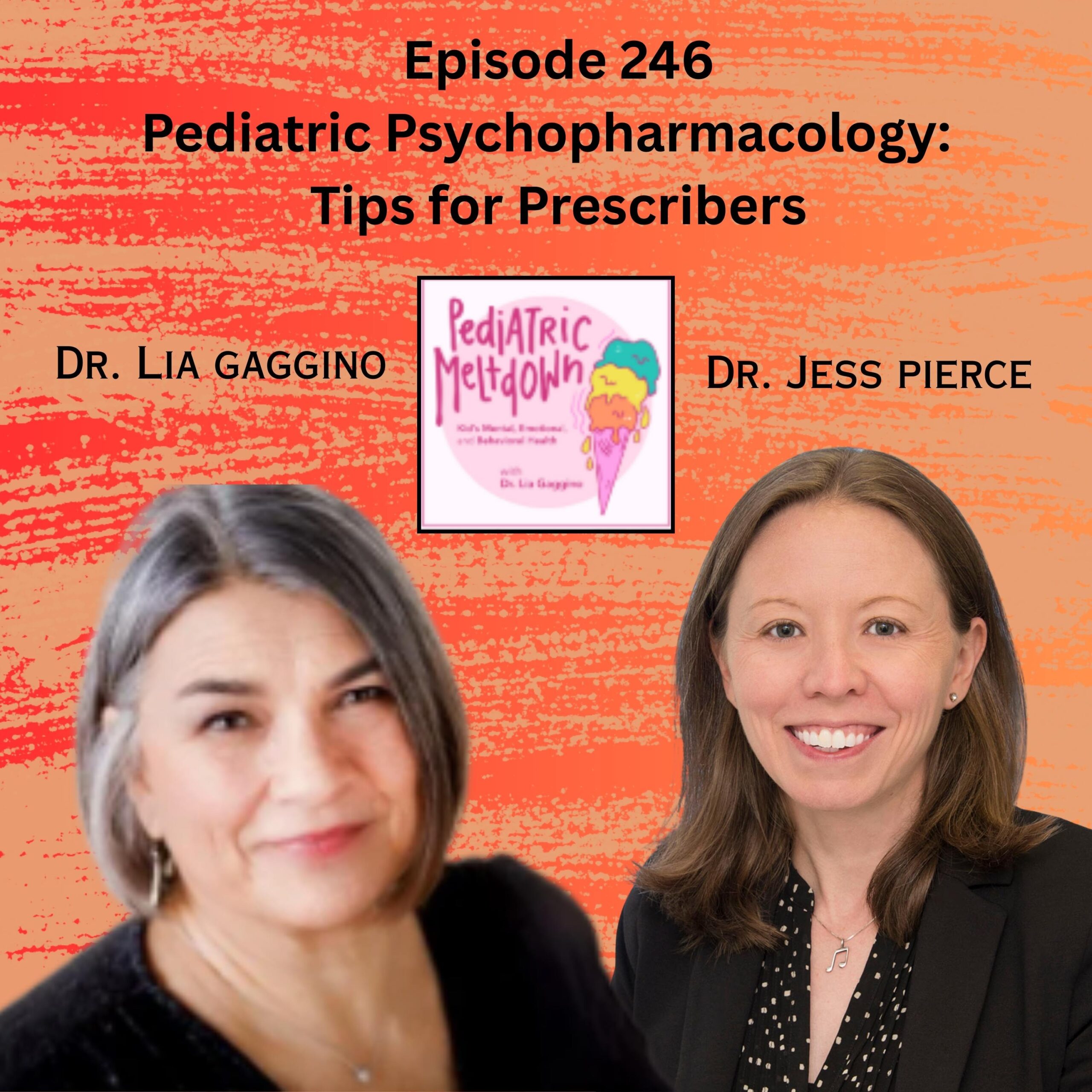May is Mental Health Awareness month and today’s episode begins a 4 part series dedicated to suicide prevention.
My guest today is Anne Moss Rogers the Emotionally Naked public speaker, registered suicide prevention trainer, TEDx storyteller, and NAMI Virginia fundraising chair. Anne Moss is the author of the award-winning book, Diary of a Broken Mind, and her second book Emotionally Naked: A Teacher’s Guide to Preventing Suicide and Recognizing Students at Risk will be out in August of 2021.
Anne Moss helps people foster a culture of connection to prevent suicide, reduce substance misuse, and find life after loss.
Caution: This episode discusses the subject of suicide and may be a trigger for some. If you or someone you love struggles with suicidal thoughts, please reach out. The Hotline for Suicide Prevention is 1-800-273-8255 or Crisis Text Line: text HOME to 741741
[00:01 – 16:43] Anne Moss Shares Her Story About Her Beloved Son, Charles
- Anne Moss highlights the difficulty in being able to get a diagnosis or the help they needed from health professionals
- Charles had seen 3 health professionals in the 2 week period prior to his suicide
- In Trying to deal with the devastation Anne Moss started the Emotionally Naked blog and started writing about her experience.
- Her writing went viral, reaching those who shared her story
- The moment Charles lost faith in the Mental Health system
- Shame is a focus on self, guilt is a focus on behavior. Shame is “I am bad.” Guilt is “I did something bad.” – Brene Brown
[16:44 – 27:02] What Do Pediatricians and Primary Care Practitioners Need to Know?
- Looking out for signs of self-harm and drug use
- Anne Moss’ Free Ebook resource titles ‘Signs of Drug Use’ (links below)
- Relationship disruptions
- Transitions
- Susceptible to physical illness
- Identity issues
- Mental health issues
- Previous attempts
- Exposure to suicide
- Pediatricians need to be prepared for their patients’ honesty and answers if they are going to be screening for suicide prevention
[27:03 – 32:10] Get Comfortable Being Uncomfortable
- Set the expectation that you will be uncomfortable
- Asking and listening with empathy is the best thing one can do
- We need to make kids a part of their treatment process
- Ensure the child to know that somebody is in their corner
[32:11 – 40:49] Things Pediatricians Can Do If Their Patient Admits to Being Suicidal
- Brief assessments
- Ask Suicide-Screening Questions (ASQ) Toolkit (link below)
- The potential that universal suicide screening for every visit has to intervene and save lives
- Approaching and having the conversation with the patient’s parents
- Taking a gentle but authoritative approach
- Recovery is possible and probable. We can offer hope by listening and riding the ride.
[40:50 – 48:15] Closing Segment
- To connect with Anne Moss check out her links and resources below
- Anne Moss shares her finals thoughts
- My Takeaways:
- Medical Personal didn’t want to discuss suicide and ignored mental health subjects because they felt frozen
- Get comfortable with being uncomfortable
- If someone has disclosed that they have suicidal thoughts, the next strategy and phase is to ask
- Listen
- Offer hope and help
- Parents may not be ready to hear. Denial is real
- Have a plan, a process, and a team to rely on
- Listen to the upcoming episodes and plan
- There are extensive resources in the show notes
Tweetable Quotes:
“I think the main thing is knowing whether children are experiencing some kind of relationship disruption… Those peer relationships are the center of their universe. And those relationship disruptions seem to trigger children who are already vulnerable.” – Anne Moss Rogers
“Set the expectation that you’re going to be uncomfortable. This is an uncomfortable subject. Know that every single time you have the conversation there will be at least a twinge of, ‘This is so big, I can’t handle this. I’m not qualified’.” – Anne Moss Rogers
“Just asking and letting them talk and listening with empathy alone is probably the biggest thing you can do.” – Anne Moss Rogers
Resources Mentioned:
- Diary of a Broken Mind, award winning memoir https://annemoss.com/diaryofabrokenmind
- Emotionally Naked: A Teacher’s Guide to Preventing Suicide and Recognizing Students at Risk. Wiley Publishing. Out August 2021. https://amzn.to/3u613So
- TEDx, Can a Blog Save Lives? (6 minutes) https://youtu.be/H6Xm7-MAwZ4
- Free ebook downloads: https://annemoss.com/resources-2/free-ebooks/
- Dr. Abernathy’s combined screening
- Parent handouts
- Suicide statistics – parent handout
- Blog post. Trigger warning: Method mentioned
- Blog post people find in distress (tens of thousands have visited)
- Video: https://youtu.be/s2f2nQhqdNI (over 50k views)
- Brene Brown: Listening To Shame
- Ask Suicide-Screening Questions (ASQ) Toolkit
To connect with Anne Moss Rogers:
Speaker site: https://AnneMossRogers.com
Emotionally Naked blog: http://EmotionallyNaked.com
Contact: https://annemoss.com/contact-2/
Instagram: https://www.instagram.com/annemossrogers/
Twitter: https://twitter.com/AnneMossRogers
Facebook: https://facebook.com/EmotionallyNaked
If you’d like to connect with me, you can find me on LinkedIn, Facebook, and Twitter or email me at gagginol@yahoo.com. To learn more about me visit https://www.medicalbhs.com/
LOVE WHAT YOU HEARD? Leave us a 5-star review so we can continue to provide you with great content. Share this episode and help people know more about children’s health and well-being.



